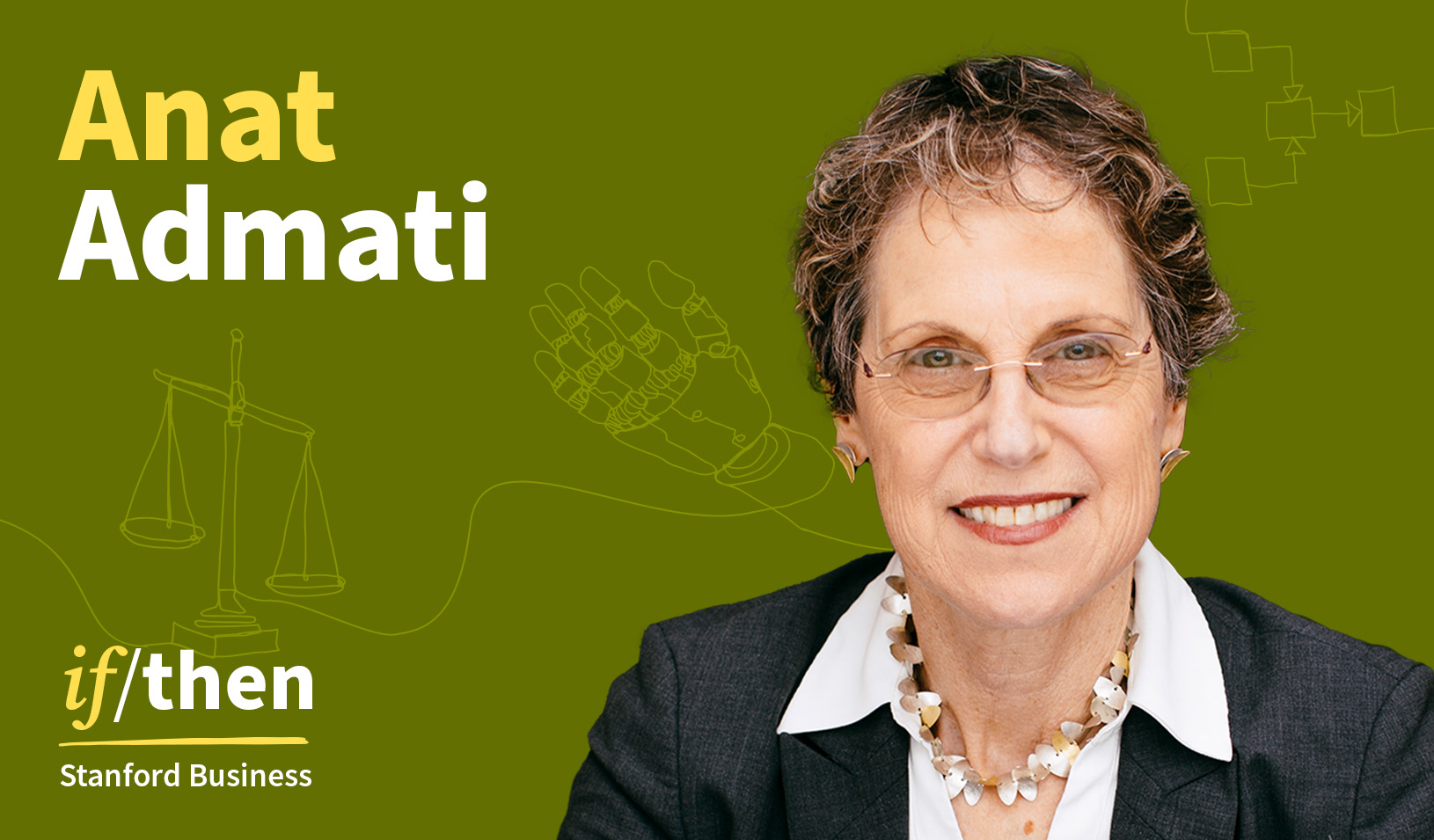
Siblings play with balloons at a GOP rally in Dallas, 2008. (Reuters photo by Brian Snyder )
What makes some men conservative? If researchers at Stanford Graduate School of Business and Loyola Marymount University are correct, part of the answer is: sisters. Men who grew up with female siblings tend to be conservative in their views of gender throughout their lives, and more likely to vote Republican when they’re young than their male peers.
One reason may be that they’re much less likely to share household chores with their sisters, an avoidance of housework that continues into adulthood, according to new research by Loyola’s Andrew Healy and Stanford’s Neil Malhotra.
“Researchers have known that families have a strong influence on their children’s political ideas. But families are complicated, and it’s been hard to pinpoint how that socialization happens,” says Malhotra. “Our breakthrough is understanding that mechanism.”
That mechanism appears to be housework. Watching their sisters do the chores “teaches” boys that housework is simply women’s work, and that leads to a traditional view of gender roles ― a position linked to a predilection for Republican politics, say Healy and Malhotra. Boys with all sisters were 13.5% more conservative in their views of women’s roles than boys with all brothers.
When the boys with female siblings were seniors in high school, they were nearly 15% more likely to identify as Republicans, but as they grew into middle age, that effect diminished sharply. On the other hand, having sisters instead of brothers has no significant effect on girls, Healy and Malhotra found. Other researchers have found that people with traditional views on gender roles are 25% more politically conservative.
Although one might think that being around sisters would tend to make boys agree with their attitudes on gender and politics, the paper suggests otherwise. “These effects were surprising to us. We might expect that boys would learn to support gender equity through interactions with their sisters. However, the data suggest that other forces are more important in driving men’s political attitudes, including whether the family assigned chores, such as dishwashing, according to traditional gender roles,” Healy says.
The researchers base their conclusions on an analysis of data gathered for two earlier studies: the University of Michigan Political Socialization Panel (PSP) and the National Longitudinal Survey of Youth (NLSY) young-adult sample.
Those studies followed thousands of U.S. families and individuals over an extended period, and probed for attitudes about gender and politics, as well as the inner workings of their households. Although the studies were conducted separately and at different times, the findings were strikingly similar. “In both datasets, we find that having sisters rather than brothers makes young men ― but not young women ― more likely to express conservative positions on gender roles and to identify as Republicans,” wrote Healy and Malhotra.
Because the two studies point in the same direction, Malhotra says, he’s all the more confident that the conclusions he and Healy reached are valid.
The PSP study began in 1965 as a national sample of 1,669 students from 97 public and private schools, most of them high school seniors, and their parents. Subsequent surveys of the same individuals were conducted in 1973, 1982, and 1997; by the time of the last survey, the former students were about 50 years old.
One of the key questions asked in the PSP survey was this: “Some people feel that women should have an equal role with men in running business, industry, and government. Others feel that women’s place is in the home. Where would you place yourself on this scale or haven’t you thought much about this?”
When that question was first asked, men with sisters scored about 17% more conservative than those who didn’t. Over the years, though, that number shrank significantly, but not necessarily because men’s attitudes had really changed. “By the late ’90s, men may still have thought that, but it wasn’t socially acceptable to say that,” Malhotra says.
In 1997, respondents were asked the following question: “Mothers should remain at home with young children and not work outside the home. Do you agree or disagree?” Agreeing with that proposition is indicative of a conservative viewpoint on gender roles, but the answer appears less sexist, and the number of men with sisters who endorsed it shot back up.
The NLSY survey, conducted by the federal Bureau of Labor Statistics, included interviews with children as young as 10. They were asked if they regularly helped with straightening out their room, keeping the rest of the house clean, doing the dishes, and cooking. Girls were more likely than boys to perform each of these tasks than boys, but the differences were substantially larger for one variable than for the others: doing the dishes. Considering everyone in the sample who had a younger sibling, 60% of boys responded that they helped with the dishes, compared with 82% of girls. Healy and Malhotra estimate that boys with sisters were 6% to 7% less likely to do the dishes than boys with brothers.
These effects represent a potential mechanism underlying the main results. Men with sisters don’t seem to grow out of the idea that housework isn’t their problem. In 1997, adult men with all sisters were 17 percentage points more likely to say that their spouse did more housework compared with men with all brothers, according to the PSP data.
Over the years, questions about political views were added to the NLSY. When that data was correlated with that from the PSP, Healy and Malhotra concluded that “the gender stereotyping of the childhood environment thus may help to explain the effects that sisters have on male political attitudes.”
Attitudes about gender have changed radically since the PSP study began in the 1960s, so it is worth asking if those changes will affect the political development of young men, perhaps making their views on gender roles more similar to those held by young women of their age group. At the same time, the gender gap in presidential voting appears to be increasing. Malhotra hopes that other researchers will conduct the long-term research on political development needed to explore these phenomena.
Neil Malhotra is an associate professor of political economy at Stanford Graduate School of Business. Andrew Healy is an associate professor of economics at Loyola Marymount University.
For media inquiries, visit the Newsroom.






